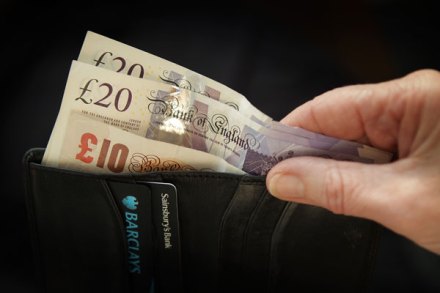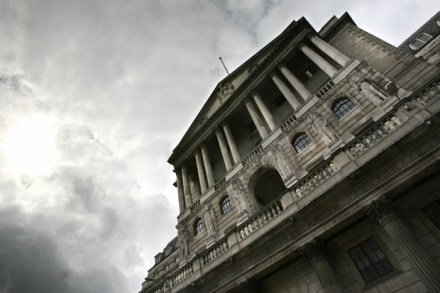Students are turning to sugar daddies and fetish sites to make ends meet
‘I’ve slept with people for money and I’ve been on dates with disgusting guys and put myself at risk just so I could have dinner and some leftovers for the next day.’ These are the harrowing words of a female first-year student describing the extraordinary lengths she went to in order to pay her way at university. She found herself turning to ‘sugaring’ websites, which mostly introduce older wealthy men willing to lavish expensive gifts and cash to young women in return for company and often – but not always – sex. And as well as partnering ‘sugar daddies’ with bright, young things, the websites also connect ‘sugar mummies’ to


















